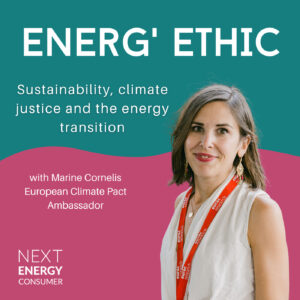The French Observatory of mediation’s blog JPBS dedicates the sixth issue of its magazine “La Lettre de la Médiation” to Consumer mediation and ADR.
Consumer mediation is part of the great family of mediation. In all countries where it is performed, it is based on confidentiality and the willingness of the parties to find a mutually acceptable solution. Besides, it involves an independent and impartial third party called the mediator or ombudsman, whose task is to bring the parties to an amicable settlement. The objective of consumer mediation is to achieve a harmonious functioning in commercial exchanges; this functioning is part of a framework marked by legal attributes. Everyone is supposed to benefit: the market is more fluid, justice is less overloaded, the consumer is respected.
This form of mediation is defined, in its founding texts, as a right: “the right to consumer mediation”. The conditions of its intervention are legally specified in a rigorous, structured and formal way by the will of the legislator. Consequently, this procedure is similar to those of a legal nature. The form available to the consumer uses the term “complaint” (a term foreign to the vocabulary of mediation), and the conflict is called a “dispute” (another legal term). The 2013 European Directive refers to “ADR entities”, i. e. Alternative Dispute Resolution for Consumer Disputes.
One of the characteristic features of consumer mediation is that one of the parties, the professional (seller or service provider) is a legal person whose economic power is much higher than that of the natural person who is the other party, the consumer. Consumer interests need to be protected, for example, by an “Office de la protection du consommateur” for Quebec, or for France by “Le médiateur de l’Energie”, “le médiateur de l’Assurance”, or “le médiateur des communications électroniques”.
The central question for the consumer is how to trust in the system. The consumer could legitimately wonder whether the mediator or ombudsman is not at the service of the company. Could Justice be a more reassuring and appropriate instrument?
In the article on the consumer in alternative dispute resolution, Naomi Creutzfeldt, Chris Gill and I invite the reader to reflect on consumer expectations. We outline three case studies drawn from recent and current research projects that have developed out of the new legislative framework and an interest in how this has been implemented into the national context. The particular focus of this article and our case studies is on how new developments in consumer ADR are used and understood by consumers: is consumer ADR accessible to ordinary consumers? Do they trust consumer ADR and think it is legitimate? How do consumers perceive the ADR process?
The third case study outlines our current work, the ESRC JustEnergy research project, focusing on consumers in the energy market. We seek to understand how energy consumers that are vulnerable access justice (or not) and how systems of redress can be better designed to help a wider user-group.



